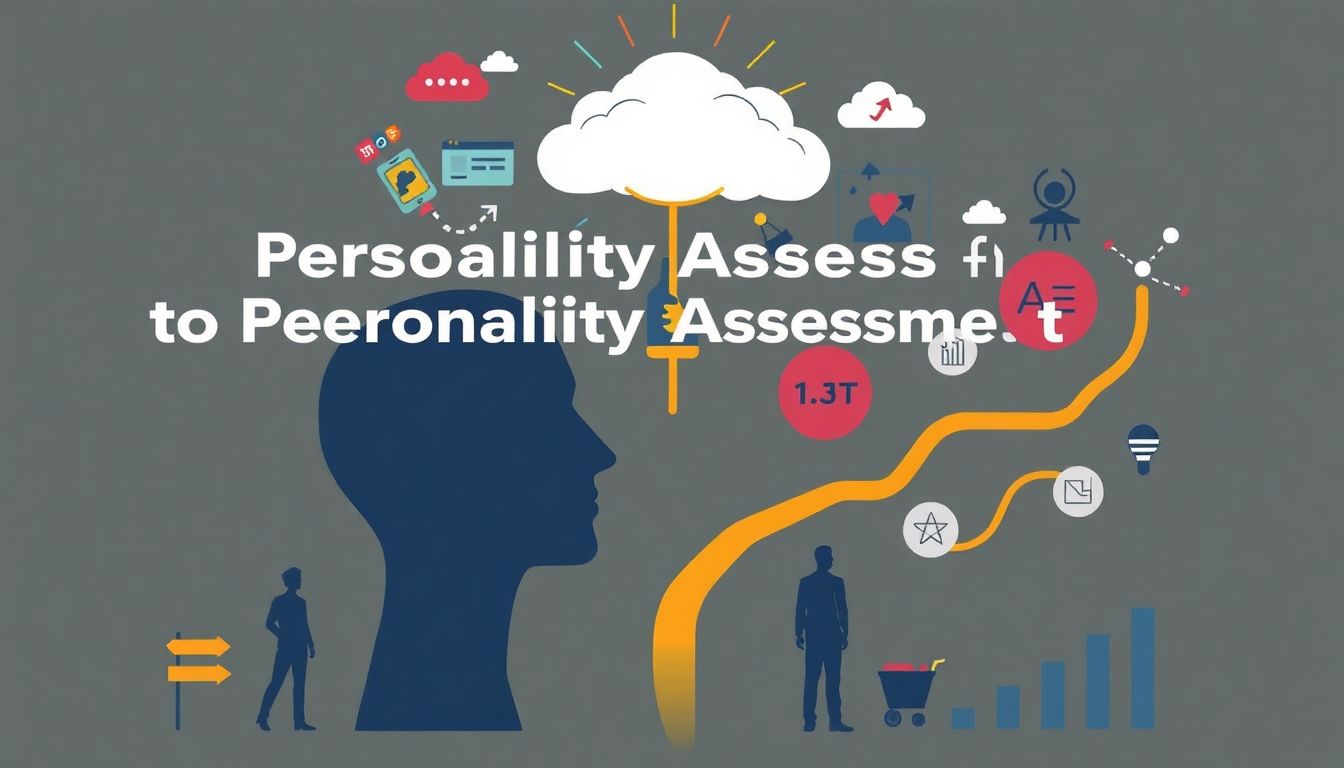You’ve probably taken a personality test at some point—maybe out of curiosity, maybe as part of a hiring process. But what if these assessments could be more than fun quizzes? What if they were tools for deeper self-awareness, better teamwork, and smarter career decisions?
When used intentionally, personality assessments can offer powerful insights into how you think, communicate, make decisions, and respond to challenges. These insights can help you grow personally and professionally—especially when it comes to building a meaningful, impactful career.
Here’s how to make the most of personality assessments to better understand yourself and thrive at work.
Why Personality Assessments Matter in the Workplace
In a professional context, personality assessments can help you:
- Identify your natural strengths and tendencies
- Understand how you process information and emotions
- Improve communication with colleagues and clients
- Choose roles and responsibilities that align with your core traits
- Handle stress, conflict, and leadership with more awareness
Most importantly, they help you work with your personality, not against it. When you understand your patterns, you can stop forcing what doesn’t fit—and start leaning into what comes naturally.
Popular Personality Assessment Tools
There are many different assessments, each with a unique focus. Here are some of the most widely used and how they can help you at work:
1. MBTI (Myers-Briggs Type Indicator)
MBTI categorizes people into 16 personality types based on preferences in four areas: how you focus your energy (Extraversion vs. Introversion), how you take in information (Sensing vs. Intuition), how you make decisions (Thinking vs. Feeling), and how you organize your life (Judging vs. Perceiving).
How it helps:
- Understand how you recharge (alone vs. with others)
- Recognize your natural communication and decision-making style
- Navigate team dynamics more effectively
2. DISC Profile
DISC focuses on behavior and interaction styles, dividing personalities into four types: Dominance, Influence, Steadiness, and Compliance.
How it helps:
- Adapt your communication style to different types of people
- Improve collaboration and reduce conflict
- Discover your leadership and problem-solving strengths
3. CliftonStrengths (formerly StrengthsFinder)
Rather than labeling personality, this tool identifies your top natural strengths from a list of 34 themes.
How it helps:
- Gain clarity on what energizes you
- Choose tasks, projects, and roles that align with your strengths
- Boost confidence and performance by focusing on what you do best
4. Enneagram
The Enneagram describes nine core personality types, each with its own set of motivations, fears, and growth paths.
How it helps:
- Uncover unconscious patterns and emotional triggers
- Understand how you behave under stress vs. in security
- Create personal growth strategies based on deeper emotional insight
5. VIA Character Strengths
This assessment highlights your top character strengths, such as kindness, creativity, leadership, or curiosity.
How it helps:
- Align your work with your values and natural traits
- Make purpose-driven career decisions
- Increase meaning and motivation in daily tasks
How to Choose the Right Assessment
Not every assessment will resonate with you—and that’s okay. Choose the one that:
- Feels accurate and relevant to your work life
- Offers language you can use in self-reflection or career planning
- Provides clear insights you can take action on
You might even try more than one to compare results and find common threads. Use them as tools for exploration, not as labels that box you in.
Using the Results for Real Growth
Taking the test is just the beginning. To make the most of your results:
- Reflect on what feels true and what doesn’t
- Journal about how the results show up in your day-to-day work
- Share your insights with your manager, coach, or mentor
- Use the language in your resume, interviews, or performance reviews
- Identify one behavior or pattern to adjust based on your new awareness
Self-awareness is only powerful when it leads to intentional action.
Caution: Avoid Over-Reliance or Stereotyping
While personality assessments offer valuable insight, they’re not absolute truths. You’re a complex, evolving person—not a static profile.
Avoid:
- Using your type as an excuse (“That’s just how I am”)
- Assuming others will behave a certain way because of their type
- Making career decisions only based on results
Let the tools guide you, not define you.
Integrating Self-Knowledge Into Your Career
Once you have a better understanding of your personality, you can start designing a work life that fits you. That might mean:
- Choosing roles that match your energy style
- Adapting your communication for better teamwork
- Seeking projects that use your strengths
- Setting boundaries based on your emotional needs
The more you understand yourself, the easier it becomes to make aligned decisions—and the more likely you are to create a career that feels natural, satisfying, and sustainable.
Know Yourself to Grow Yourself
Personality assessments don’t tell you who you are. They help you remember. They give you language for what you already sense—and insight into what you might not see clearly yet.
Use them as a mirror. Use them as a map. Most of all, use them to build a work life that reflects the real you.
